The 'Amazons' of tomorrow are emerging now
In this blog, you will find a trend forecast of the platform economy in 2021.
-
Growing platform economy with new initiatives, growth possibilities in subdomains and B2B platforms in niches
-
Applications evolve resulting from the PSD2 legislation
-
The rediscovery of secondhand selling and buying
In the past year, already-existing trends such as the digitisation of processes, remote working and online shopping, have developed at a rapid pace.
What leading trends will we see in the world of platforms and marketplaces in 2021?
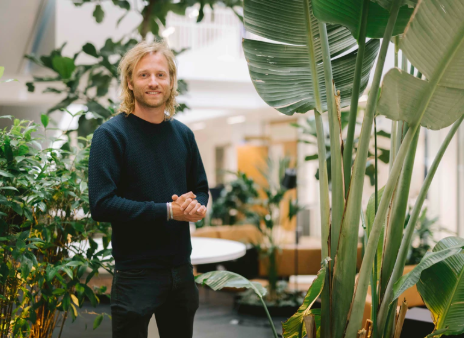
New initiatives arise in an ever-growing platform economy
During a time when the growth of the platform economy is dominated by large e-commerce platforms like Amazon, Alibaba, and Bol.com with their huge assortments, their market position could make it difficult to come up with relevant new platform concepts. However, there is a chance, if you are disruptive with good ideas. There is plenty of room within the subdomains and niches that could cause new initiatives to grow into leading platforms.
Take the social platform Facebook, for example. In the Netherlands, Facebook shoved Hyves off the map by reaching millions of users in no time. There seemed to be no more room for new social networking platforms. Yet, over the years you have seen that there is plenty of room for other subdomains. TikTok, Instagram, Quora and Reddit are social platforms, that all have the right to exist and all serve a specific market with a need.
Sufficient space for platforms in subdomains
The principle 'the winner takes it all' does not apply in the platform economy. Whether it is a social platform or an e-commerce platform, the longer its existence and the bigger it gets, there will be enough possibilities for subdomains to arise. Think of the fast-growing Dutch platform Otrium that has found an interesting market for offering designer clothing at appealing discounts.

More B2B platforms
Furthermore, more and more B2B platforms will emerge in niches. For example, platforms that solely focus on selling cleaning products to cleaning companies. You can buy directly from the wholesaler. Partly due to this type of initiatives, you notice that there is room for the growth of new players and we are actually just at the beginning of a new phase in the platform economy. The sub-channels that emerge can also be seen as the branches of the main roots from a tree. When they have found a piece of fertile ground at a given time, they become strong enough and together they form a viable ecosystem.
I expect to see more initiatives among B2B Platforms this year.
New applications resulting from PSD2
The PSD2 legislation, that became active in 2019, partly with the promise to promote innovation, is starting to show interesting applications as an outcome. With PSD2, banks are obliged to give companies access to their customers' payment accounts, but solely with the customer's consent. Dyme is making use of this possibility, for example, to help people improve their vision on money matters. It brings together all transactions from different bank accounts, all analysed with AI. This provides people with better insight to where their money is heading and enables them to make better decisions.
The functionality of Dyme in itself may not be very groundbreaking, but the ease of sharing your information ensures that people will start using the app. In 2021 we're going to see more applications like this that will help people become stronger in their financials and spare time for more important things.
Have you read our White Paper about PSD2 already? You can download it below.

The (re-)discovery of secondhand
Especially on marketplaces where many second-hand goods are traded, such as Marktplaats.nl and 2dehands.be, the pandemic caused a lot of extra traffic. On the one hand, this has to do with the urge to clean up and the uncertain economy where people earn an extra penny with their unused stuff. On the other hand, people want to be more conscious in dealing with the world. Using something for only a few times and then throwing it away has a negative impact which causes a lot of (unnecessary) production. This trend for conscious and greener living by giving products a second or third chance is permanent and will continue to develop.
Online to offline
In the course of 2021, we will (hopefully) be released from COVID-19 with a large-scale availability of a vaccine. This will be a huge boost for travel and entertainment platforms such as Booking.com, Airbnb, Ticketswap en Polarsteps. But also for a platform like Temper, that connects personnel and companies in the hospitality sector. I expect that people can't wait to get back on the road and want to spend their free time offline as much as possible in addition to all online meetings. This will also have consequences for ecommerce. I don't expect a decline, but growth will stagnate because consumers will visit the physical store more often as soon as it's safe to do so.
One of last year's most important lessons is that developments can always go faster than expected; and that anything is possible if we respond to the situation in front of us with creativity, anything is possible. The small players who respond smart, or a larger player that shows enough flexibility to change, can grow into the Amazons of the future.
Read the article in Dutch on Emerce

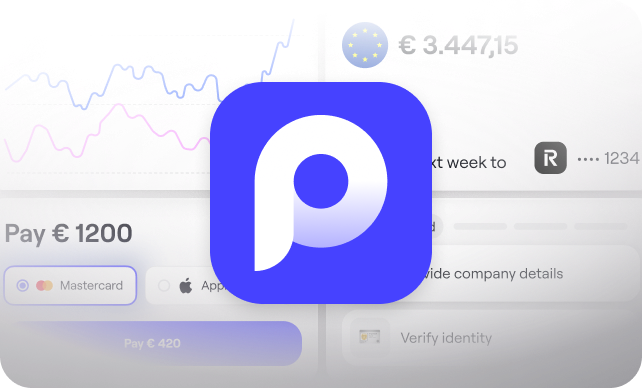
.svg)
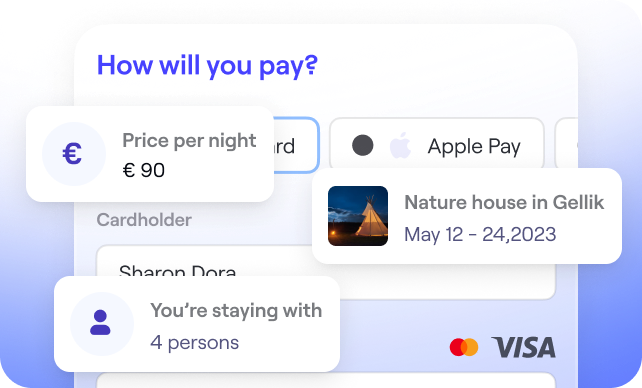
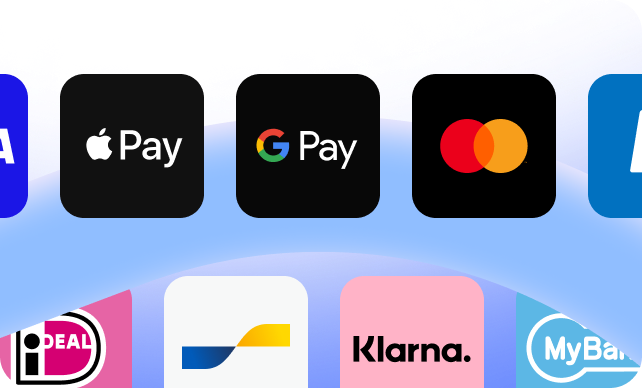

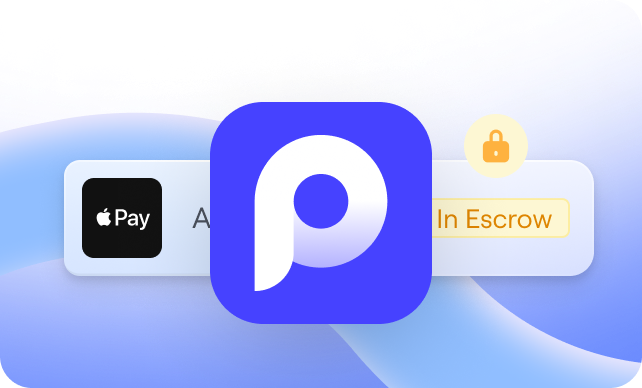

.svg)

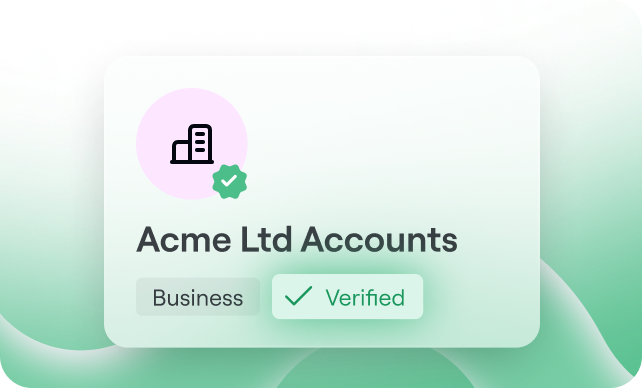
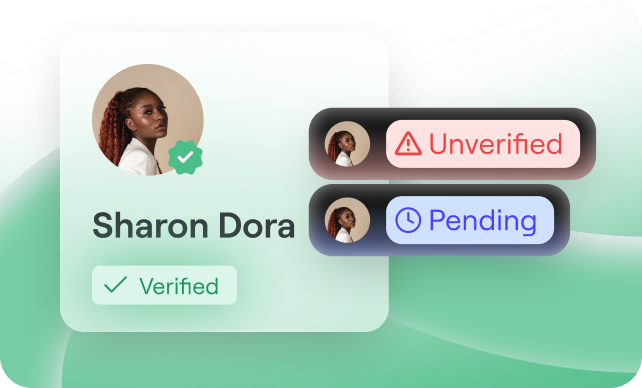
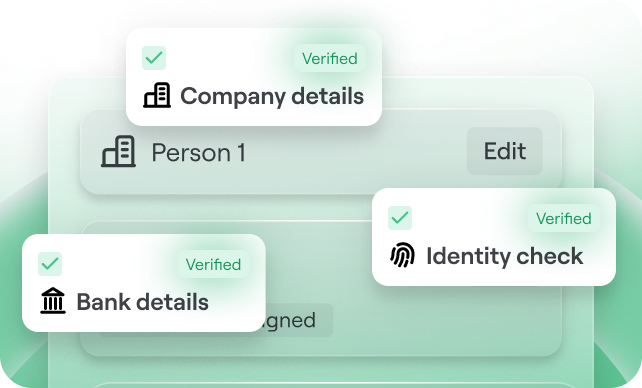
.svg)
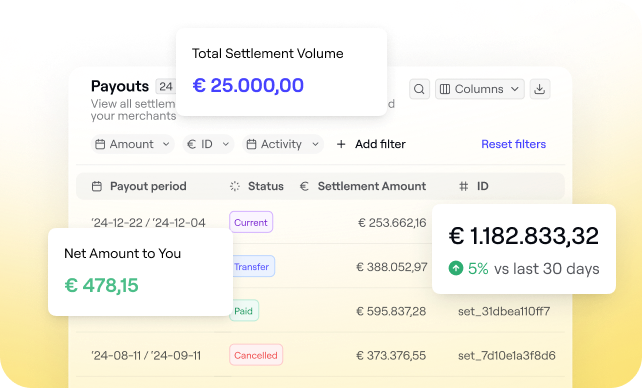
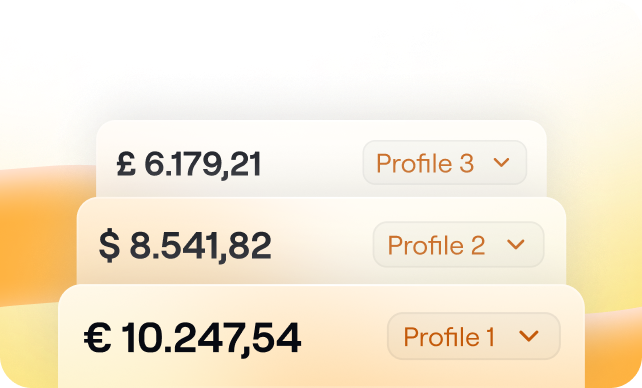
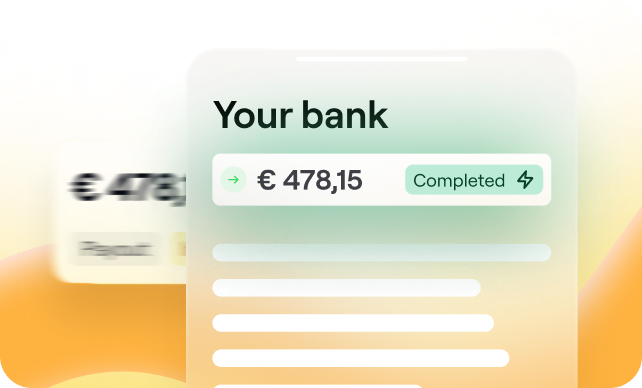
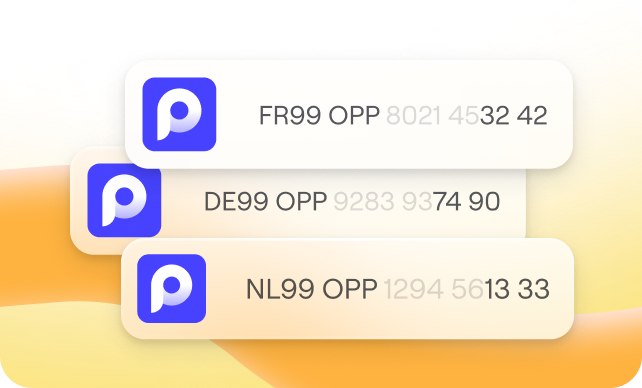
.svg)
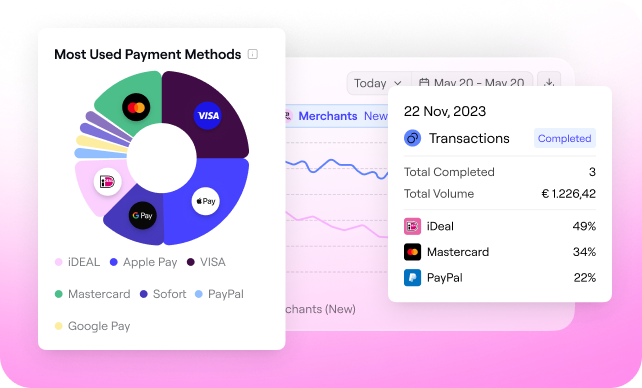
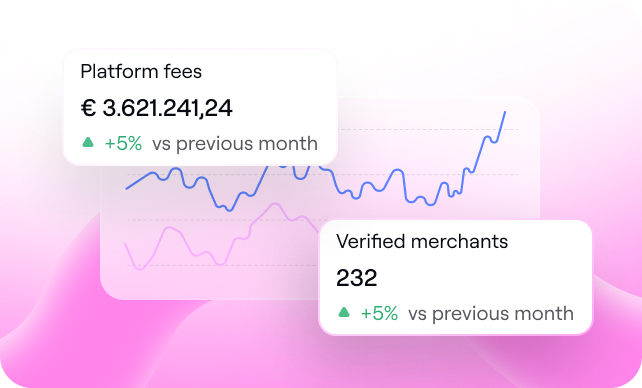
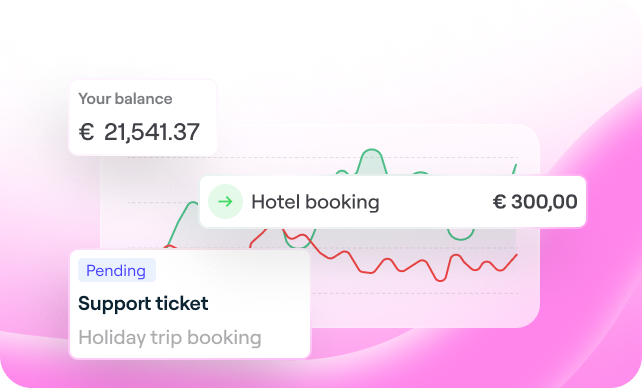
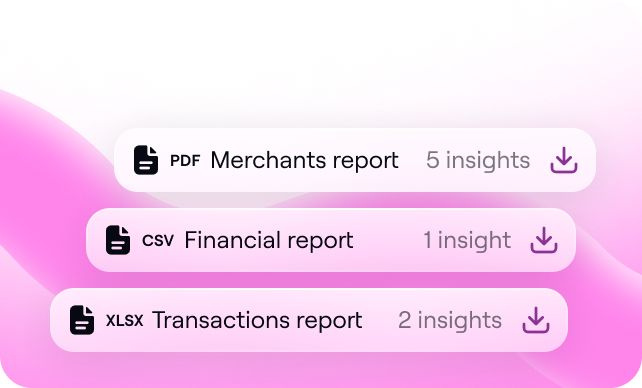
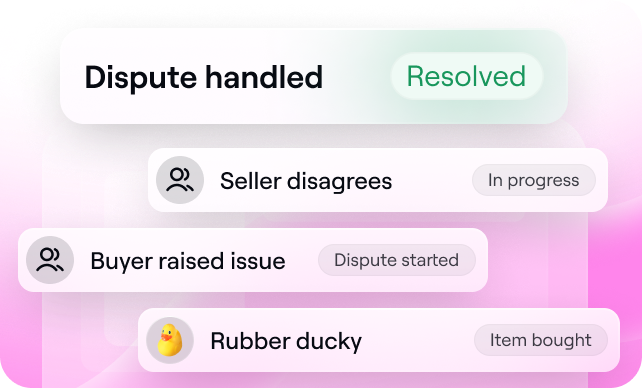



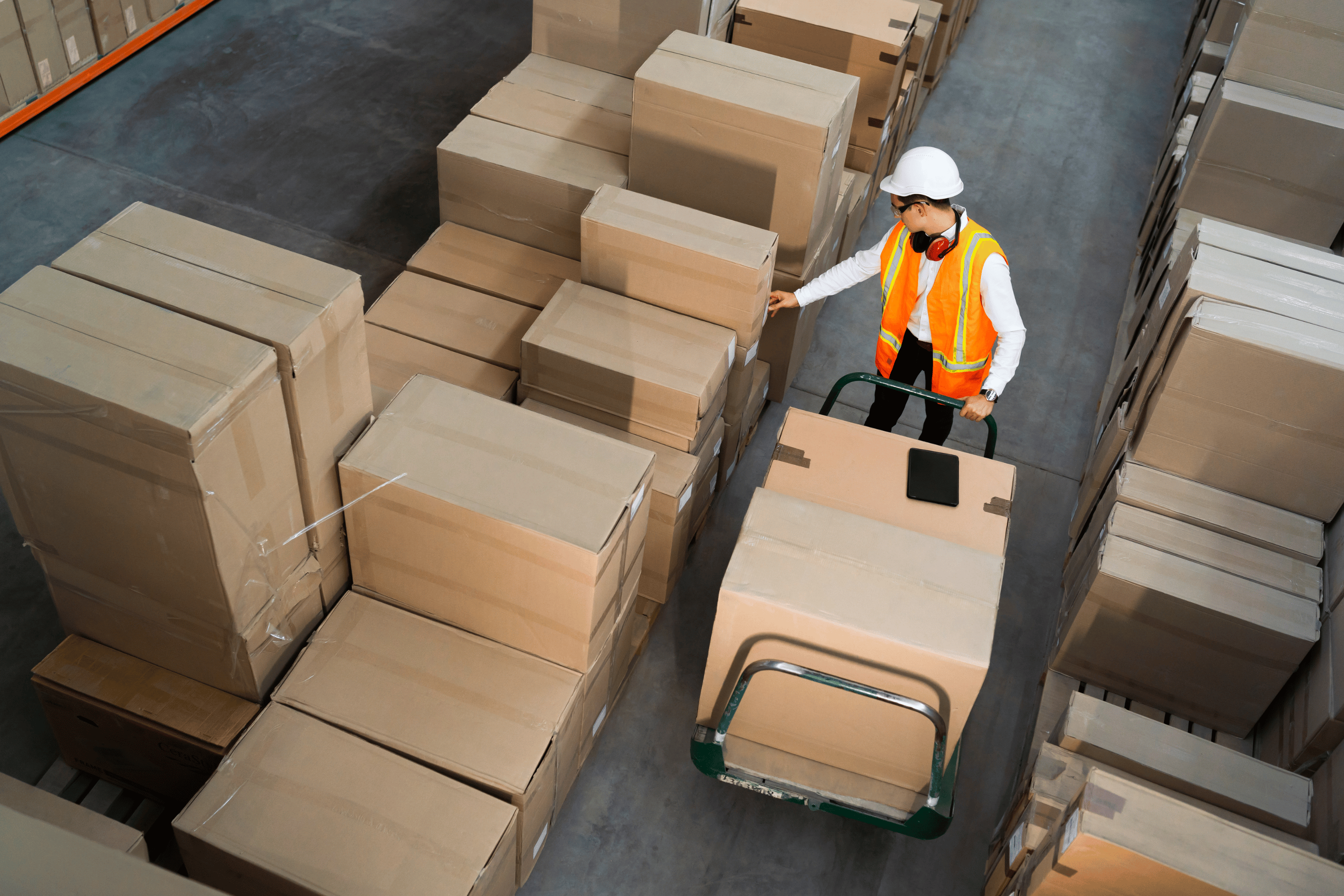


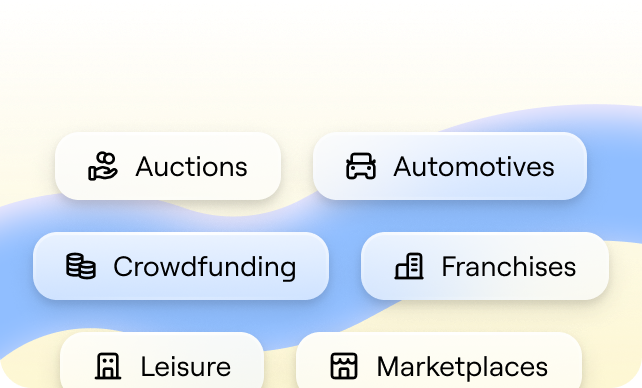
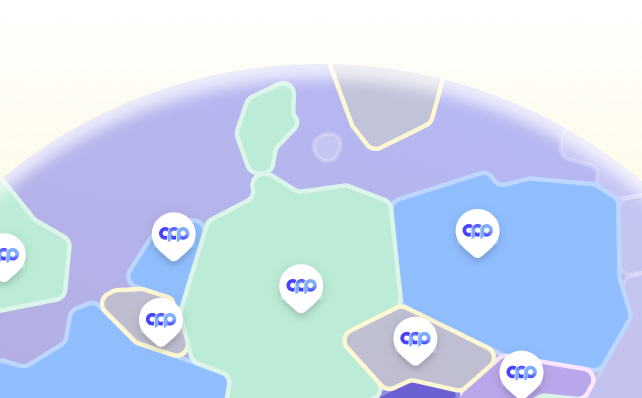


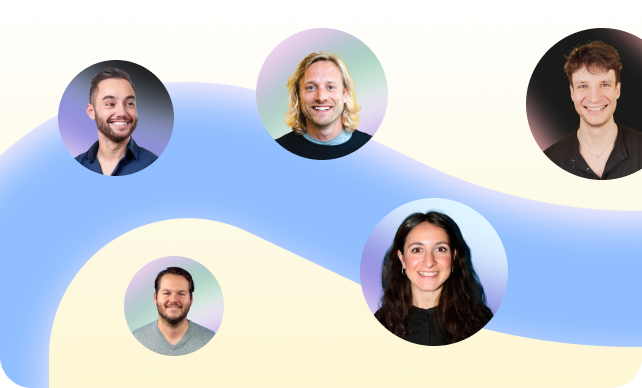



%20(1).png?width=1300&name=Copy%20of%20Copy%20of%20Blog%20post%20(1620%20x%201080%20px)%20(1).png)



.png)
.png?width=75&height=51&name=Worldline%20(2).png)